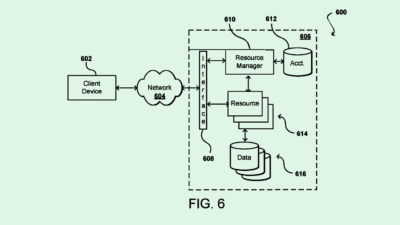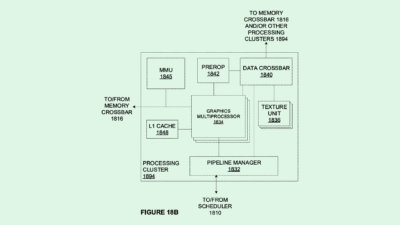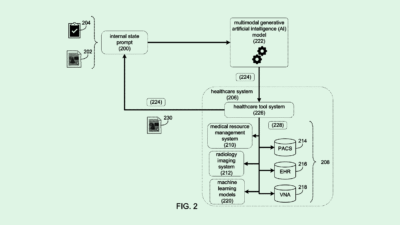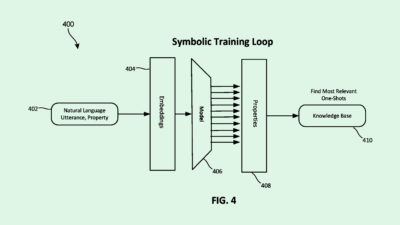Does Agentic AI Have Staying Power?
‘Humanity’s never automated intelligence before in the way that we’re doing it now.’

Sign up to get cutting-edge insights and deep dives into innovation and technology trends impacting CIOs and IT leaders.
Agentic AI may be more than just a fad.
The question of whether AI has staying power has long depended on people’s ability to gain tangible value from it. Autonomous agents could allow enterprises to unlock that value, making it a “super trend,” experts told CIO Upside at the Info-Tech Live conference in Las Vegas this week.
“Looking at agentic AI and seeing that it has potential to automate across knowledge worker processes in all different industries … we’re talking about automating intelligence,” said Brian Jackson, principal research director at Info-Tech. “Humanity’s never automated intelligence before in the way that we’re doing it now.”
Supertrends in tech aren’t a common occurrence, Tom Zehren, CEO of Info-Tech, told CIO Upside. Innovations that have the capability of sticking around tend to come every 15 to 20 years, he said, citing PCs, internet and cloud computing.
Such innovations often build on each other, he noted, pushing the bar for technological innovation higher and higher. “The number of mature technologies that had to come together in former supertrends, over time, keeps going up,” Zehren said. “It’s getting more complex. It’s going to be more intertwined.”
And while conventional generative AI laid the groundwork, the automation capabilities of AI agents that can work together to solve problems are “going to be able to disrupt almost all roles, all functions, everything we’re doing today,” he said.
Playing in the AI ‘Sandbox’
More autonomy, however, opens the door to more risk — at a time when even generative AI’s security, governance and ethical hazards haven’t been effectively addressed. Giving these models more room to roam could present even more dangers, said Valence Howden, principal advisory director at Info-Tech:
- “Ethics is a bigger animal than just the bias aspect of it,” Howden said. “I suspect they’re nowhere near where they need to be in terms of understanding how to deal with ethics.”
- And because these systems are capable of interacting with multiple other systems, departments and people within an enterprise, governing risk and security gets even trickier, said Thomas Randall, advisory director at Info-Tech. “It’s very difficult to get that visibility if it’s integrated across all these different tools,” he noted.
Still, risk-first thinking may prevent your enterprise from taking the first step, said Zehren. While it’s important to understand the risks that your business is undertaking by implementing agentic AI, he added, “it’s a mistake to think too much about it from a risk perspective.”
For one, risk isn’t static, said Zehren. The risks, whether ethical, governance or security-related, evolve as the tech itself scales. Discouraging developers and employees in the “sandbox” phase of building because of risk concerns will only serve to cut your enterprise off at the knees.
“Risk evolves as you build something. It’s a journey,” said Zehren. “I don’t think enterprises provide enough sandbox environments, don’t empower enough people to actually work with AI.”











